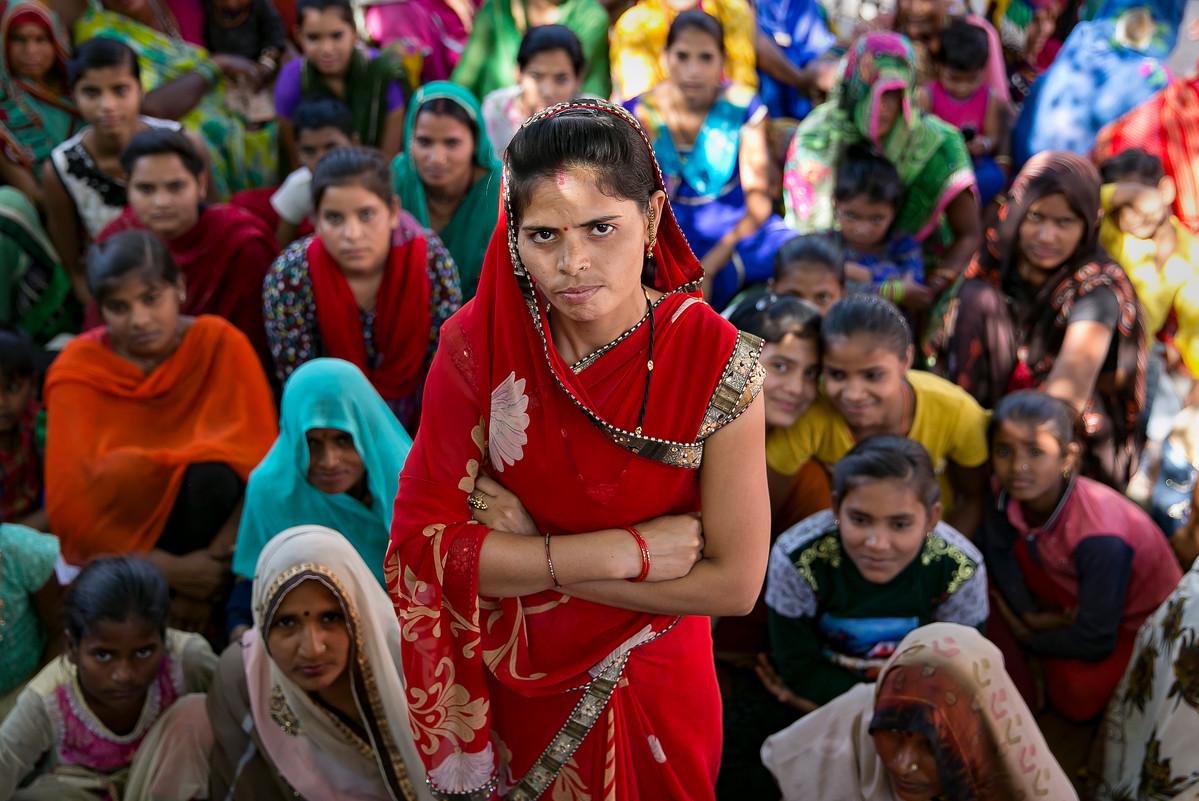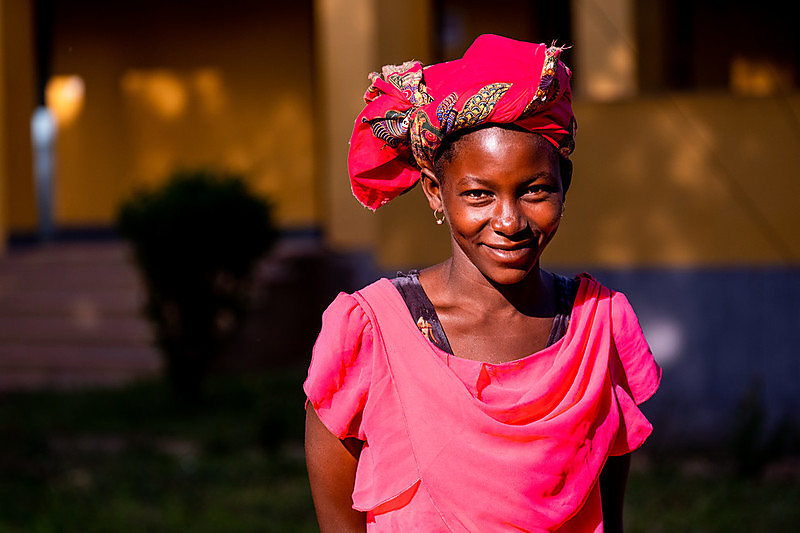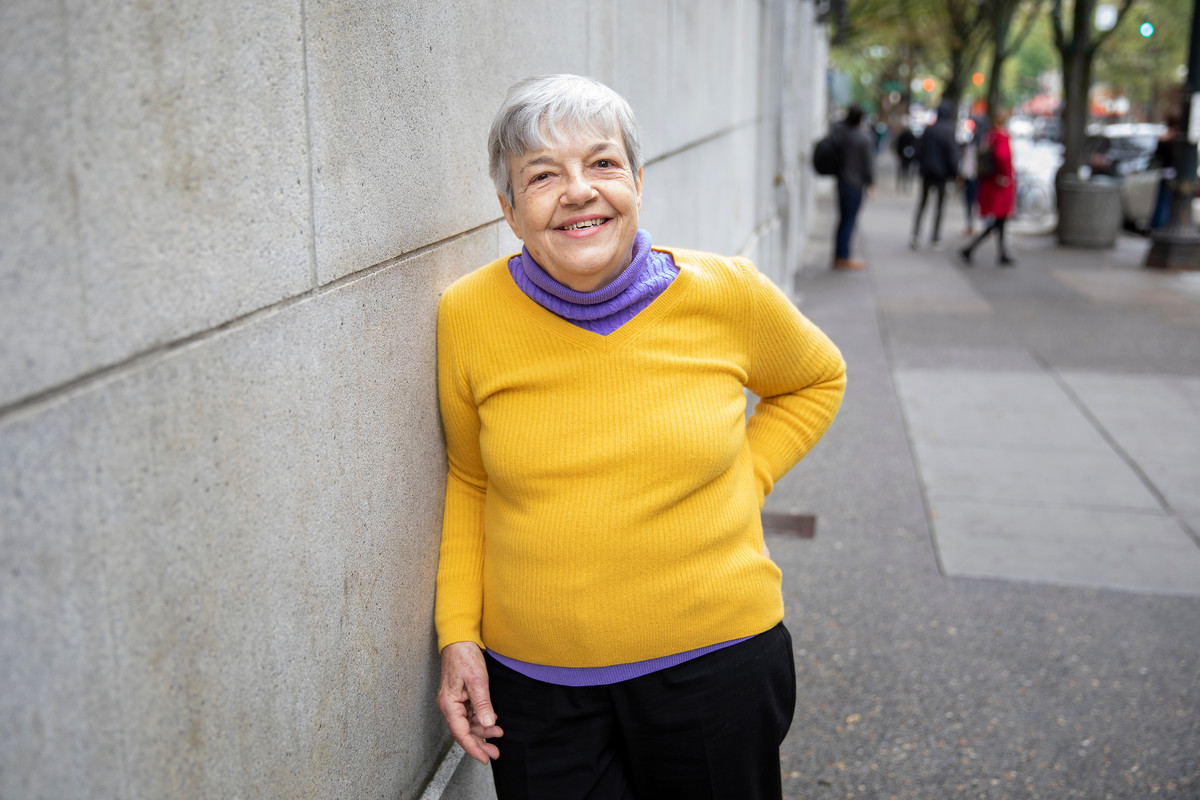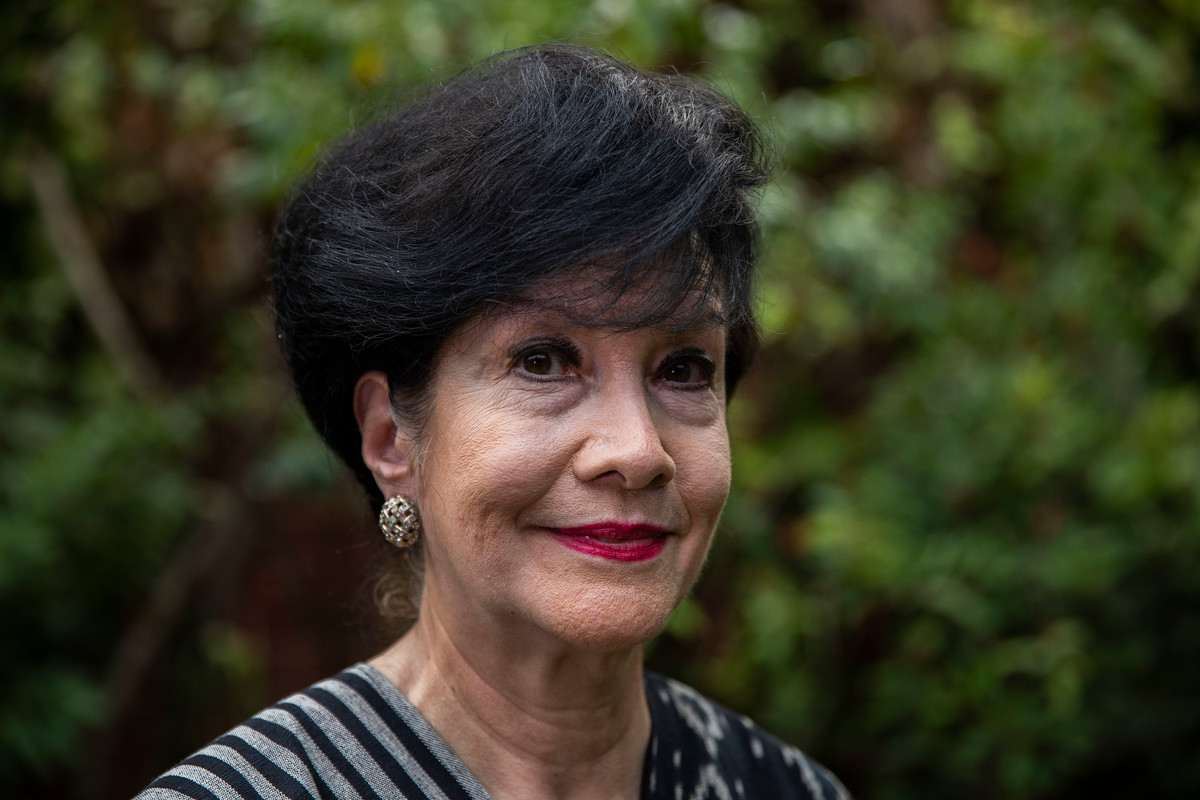This year marks the 25th anniversary of International Conference on Population and Development (ICPD) – a defining moment for sexual and reproductive health and rights.
What is ICPD?
25 years ago in Cairo, Egypt, 179 governments came together and adopted a radical and revolutionary Programme of Action (PoA) on women’s reproductive health and rights.
The PoA realized and affirmed that women’s reproductive health and rights was intertwined with the advancement of women’s rights as a whole and would be a tool to help achieve gender equality and empowerment of women and girls.
What has happened since ICPD?
Though significant global investment has been made in sexual and reproductive health and some outcomes on women’s health have been improved, this is not enough. We are still falling dangerously short of achieving the promises laid out 25 years ago in Cairo.
Today, on average:
- 830 women die giving birth
- 33,000 girls will be forced into child marriage
- 11,000 girls will forcibly undergo female genital mutilation (FGM)
- 25 million women are forced to turn to unsafe abortion methods every year
- Globally, 232 million women who want to prevent pregnancy do not have access to modern contraception.
What next for ICPD and gender equality?
Next week, governments, civil society, the private sector, community leaders and other stakeholders will meet to accelerate the promises made in Cairo. New national commitments will be announced by governments to translate international and regional ones into urgent action in line with the Agenda 2030.
The renewed energy and commitment to the PoA will bring to reality the human rights for all to access quality, affordable and inclusive sexual and reproductive healthcare – which in turn will contribute to the advancement of a fairer and just society for women and girls especially.
IPPF commitments at ICPD+25
By 2025 IPPF, together with Rutgers, its national Member Association in the Netherlands, will:
- Provide 12 million young people in 30 focus countries with a specific focus on Africa, South-East Asia and Latin America/the Caribbean with comprehensive sexuality education (CSE), in and out of schools, through evidence-based approaches including innovative and digital ones.
- Influence governments of 42 countries to establish new or revised policy initiatives and/or legislative changes to include CSE into curricula of formal education programs or programs for out-of-school adolescents.
- Jointly establish at least three Centers of Excellence in priority regions to work in youth-centered programming and CSE and to build local capacity to deliver high-quality integrated gender and rights-based CSE.
By 2022, IPPF will:
- Accelerate universal access to safe abortion by expanding the provision of quality and women-centered comprehensive abortion care, with a focus on implementing innovative strategies to reach underserved populations; providing support to women to self-manage medical abortion and improving access to and availability of medical abortion commodities.
- Champion reproductive freedom and stand firm against reproductive coercion by advocating for safe and legal abortion, and by defeating obstacles that undermine women’s reproductive autonomy. We will influence 20 governments to establish new or revised policy initiatives or to pass legislative changes in support of improved access to abortion.
IPPF commits to increase South-to-South triangular cooperation by establishing at least seven Centers of Excellence to accelerate cross-Federation learning and fostering a Member Association centric approach, in areas such as comprehensive sexuality education, sexual and reproductive health in humanitarian settings, supporting social movements, and enhancing female leadership by 2022.
IPPF and many of its Member Associations are fighting discriminatory laws based on sexual orientation and gender identity. We commit to supporting each other and engaging with partners to ensure at least six countries change these laws by 2025.
IPPF and civil society all over the world will hold governments to account to make sure promises are fulfilled.
when
Subject
Gender equality













